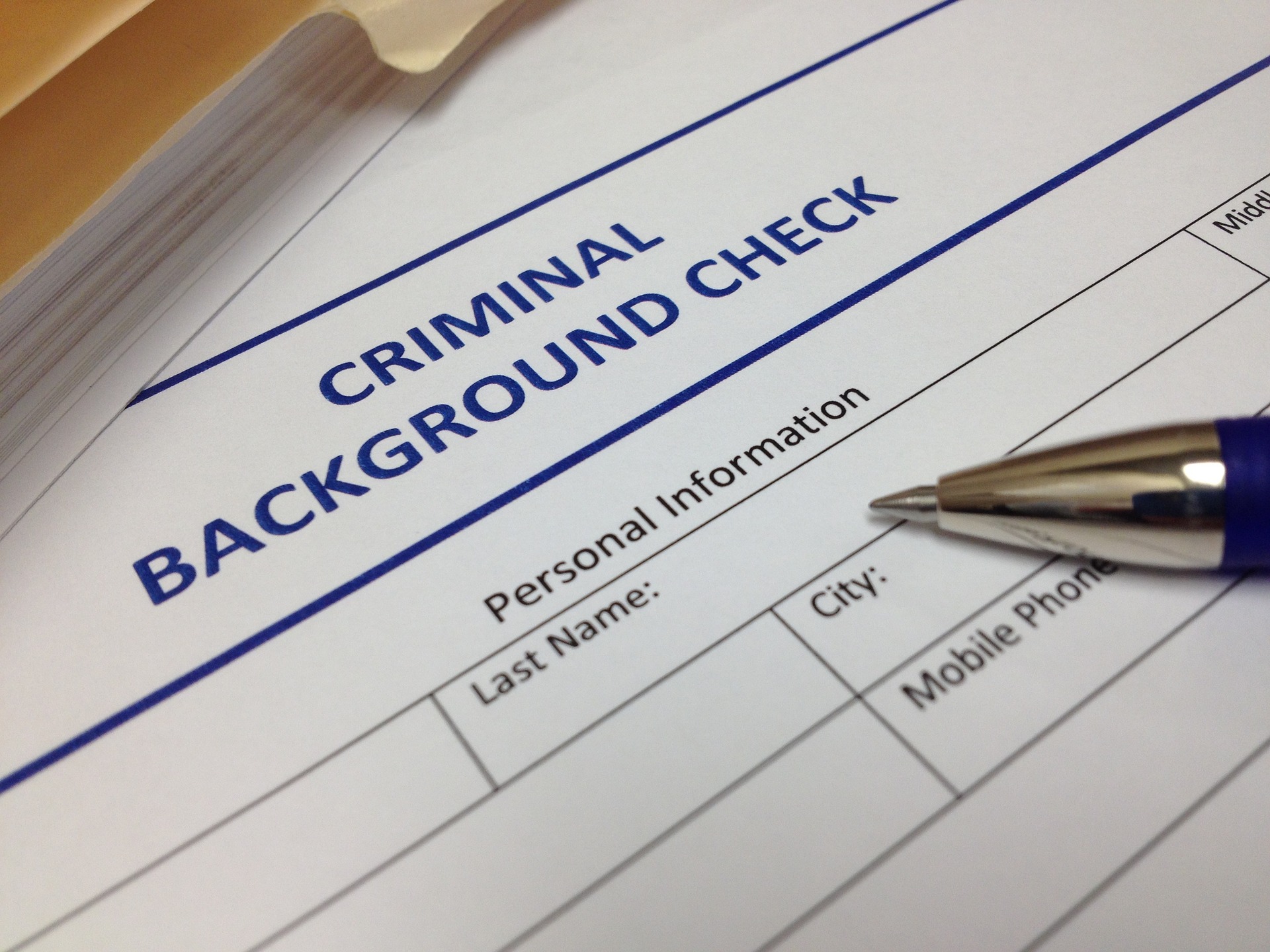Comprehensive Criminal Employee Background Checks vs. Database-Driven Background Checks
Why Criminal Background Checks Are Important
Criminal background checks are important to minimize liability on your company for crimes that may be committed by employees while on the job. It is especially important for companies that employ people to work directly with customers in their homes or companies that employ people to operate heavy machinery. If a proper background check was not fulfilled, and an employee with a criminal history commits an offense while on the job, your company can be held liable. There are many different options for background checks available with a quick search of the internet, and price and product vary drastivally. The bottom line is that you get what you pay for.
K. Ross Consulting provides Comprehensive Criminal Background Checks, while many other companies that specialize solely in background checks provide Database Driven Background Checks. Database Driven Background Checks are quick and easy, but the results are often, and sometimes grossly, inaccurate.
Comprehensive Criminal Employee Background Checks
Comprehensive Criminal Employee Background Checks include data directly from the source, i.e., county records. You will find the most up-to-date, accurate information directly at the source. K. Ross Consulting has resources across the country to search criminal history directly from county indexes.
Database-Driven Background Checks
Database-driven background checks include data from secondary and sometimes tertiary databases, such as the Texas Department of Public Safety Convictions Database and state and federal sex offender registries. This is the product offered by online background check companies. There are no comprehensive national criminal databases accessible within the private sector, contrary to what online background check companies may lead you to believe.
One problem with database-driven background checks is that data is not accurately reported 100% of the time, and it is not always current.
Examples:
- It is not uncommon to find conflicting information when searching the TXDPS Convictions Database vs. individual county records. For example, a client of mine wanted to know what information would show up when he had a pre-employment background check run on him. He had two DWIs in the State of Texas. When he was arrested for his second, the county he was in did not have record of the first, so he was charged with a first offense. The TXDPS Convictions Database only shows convictions or deferred adjudication reported by the county. If the county does not report the information, it will not show up. A search in the TXDPS Convictions Database does not reveal EITHER of these DWIs, which both had guilty convictions.
- Dalton Broesche was found in Pease park August 14, 2019, with a significant number of weapons and ammunition, including an assault style rifle, loaded with a 30-round magazine, purchased legally from a Texas gun store. The gun store owner ran a background check through the National Instant Criminal Background Check System, a database maintained by the FBI, that pulls data directly from county, state, and federal law enforcement databases. This database is not available to the private sector, only to Federal Firearms Licensees. The database is updated any time a warrant is issued and with any criminal convictions. Broesche had a felony warrant issued in Harris County that should have prevented him from buying a gun. This information did not show up in the database due to a clerical error in Harris County. Luckily, Broesche was discovered before anything worse happened. Because counties do not always report data in a proper or timely manner, information gathered from secondary criminal databases are INACCURATE. This is another example of how secondary databases can be detrimental. Had the background check come directly from the source, Harris County records, his warrant would have been revealed.
Some online background check companies claim to search state, civil, and municipal records, but the information they provide is only based upon entities that report or sell their data online. This does not include the hundreds of rural counties that do not have criminal data searchable online. In addition, municipal records only include driving violations, not criminal charges or convictions, and these are accurately reported in driving records provided by the state, so while an online background check company may provide what seems like an extra layer of investigation, it does not provide it any additional accuracy.
Laws Governing Background Checks: State vs. Federal
In the State of Texas, an employer paying an outside agency to provide a background check may only go back seven years in a criminal background check. Exceptions to the rule include applicants whose salary may exceed $75,000. In this case, an investigation can go back to the age of eighteen. Insurance company positions can also be investigated back to the age of eighteen.
Background checks for residential services, including home delivery, in-home services (e.g., maintenance, repairs, builders, etc.) require an employer to research twenty years of felony history and ten years of misdemeanor history for both convictions or deferred adjudication of a crime of family violence, theft and related crimes, or public indecency. This excludes any profession where someone already holds a professional license that included a criminal background check. Government agencies are also allowed to research back to someone’s eighteenth birthday.
Federal law does not set a timeline on how far back you can investigate someone in a background check. You will not find anything beyond an applicant’s eighteenth birthday due to privacy laws pertaining to minor records. The Equal Employment Opportunity Commission (EEOC) mandates federal law to ensure all job applicants are treated fairly, and it prohibits the use of arrests in employment decisions because an arrest is not proof of guilt. The EEOC also discourages widespread use of background checks because it can have a discriminatory impact on minorities. Some employers choose to investigate a shorter amount of time in background checks because of this.
Both state and federal law require that a job applicant be aware that a background check is being performed, and they must sign a form giving consent for an outside agency to conduct the background check.
What My Comprehensive Criminal Employee Background Checks Include:
I search county records directly for all counties in which the applicant has lived in the past seven years. Exceptions to that timeframe are based on state laws mandating twenty years of felony history and 10 years of misdemeanor history for certain job positions (outlined above). My research includes a physical search of county indexes. I also contact counties directly that are outside my driving range and may not have records accessible otherwise. I have resources across the country to provide a physical search of the county indexes. If driving is part of the job description, I also provide a three-year driving history.
My data comes DIRECTLY from the source. It is the most accurate and up-to-date information and will be far more accurate than an online background check company.
My average turnaround is three days for a background check, though there are exceptions for some counties or state DMVs with more antiquated systems and states that have stricter privacy laws.
What is the Cost of Comprehensive Criminal Employee Background Checks?
- $150 for first county
- $20 per additional county
- Cost of driving record (this varies per state; in Texas it is $6.50)
- Pricing for bulk background checks is negotiable.
Why K. Ross Consulting vs. a Less Expensive Online Background Check Company?
With resources across the country K. Ross Consulting guarantees in person searches of county records, which provides THE MOST comprehensive background check you can expect to receive. Your investment up front will reduce business liability in the long term. Your company is worth it, and your customers depend on it.


